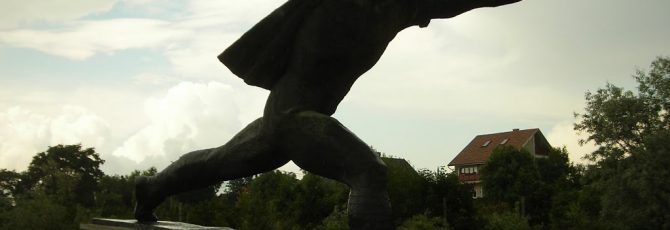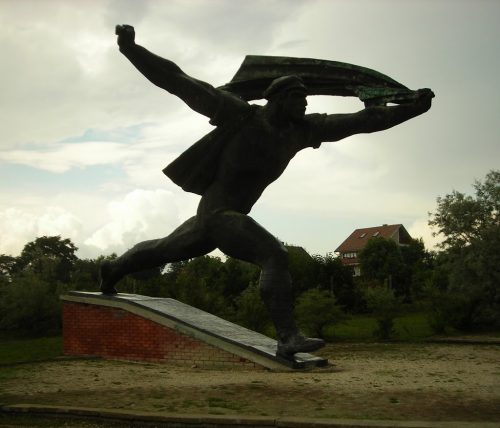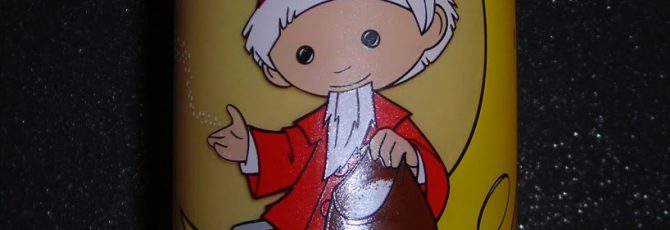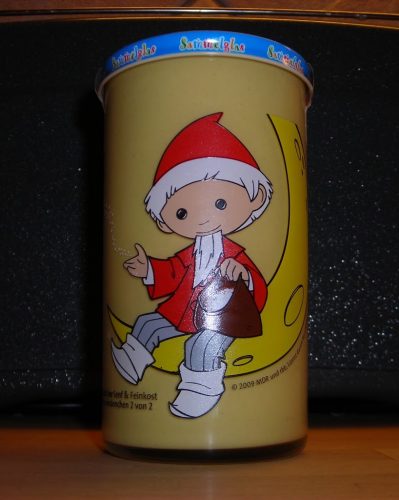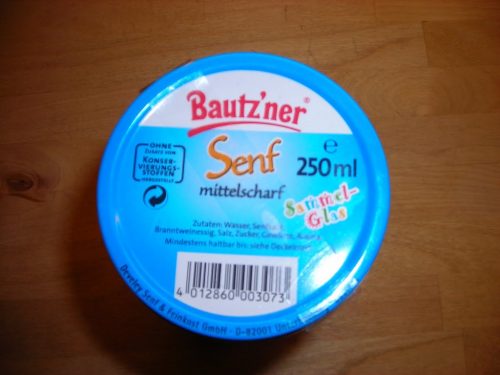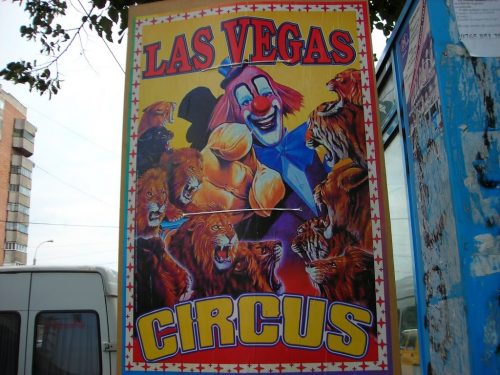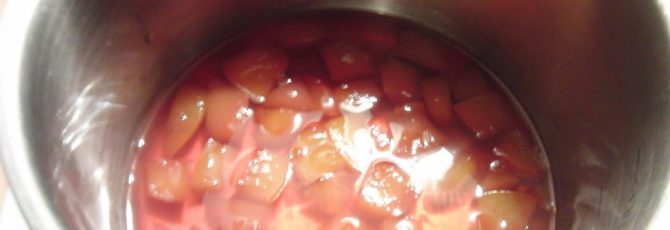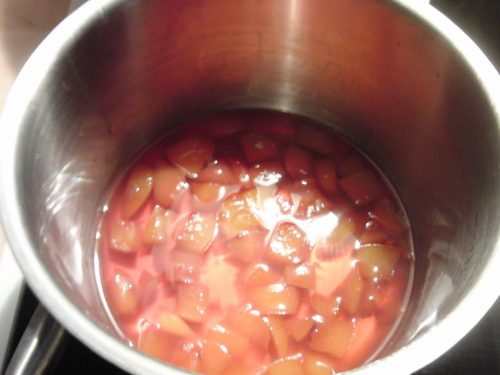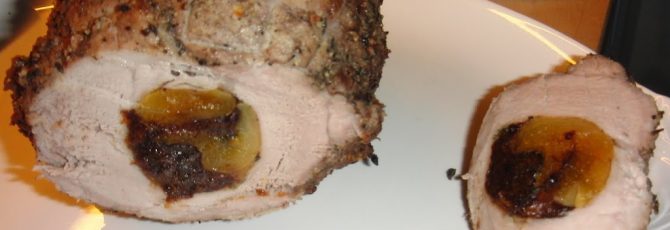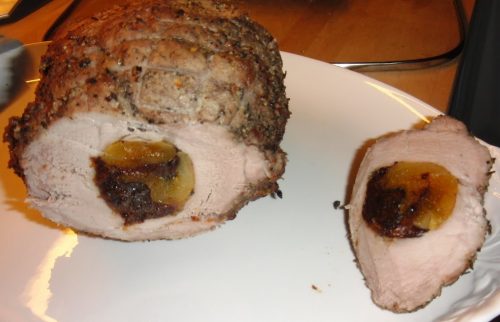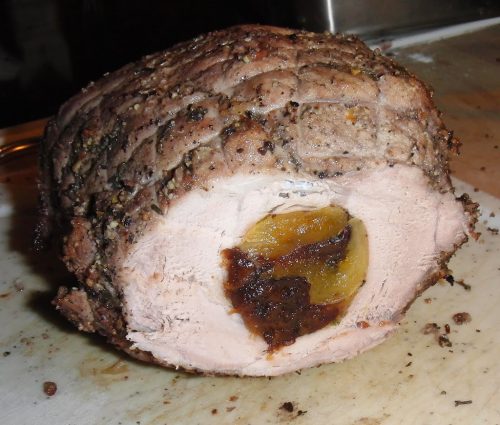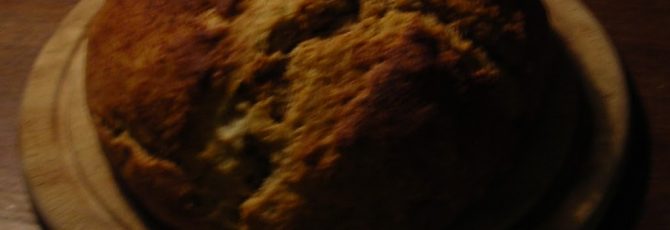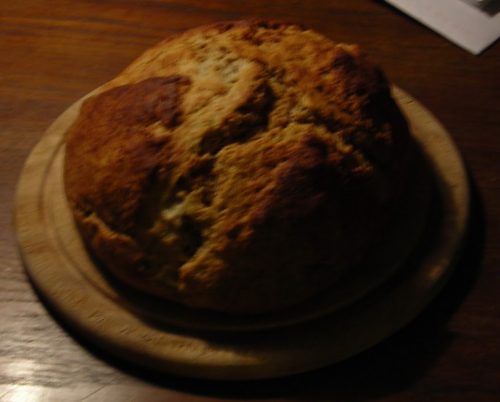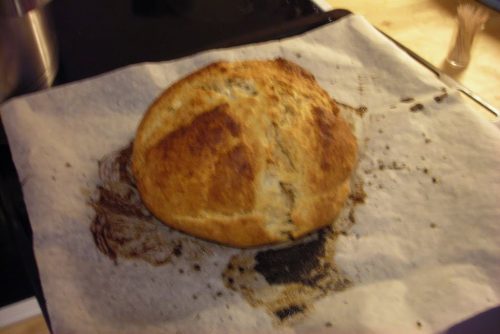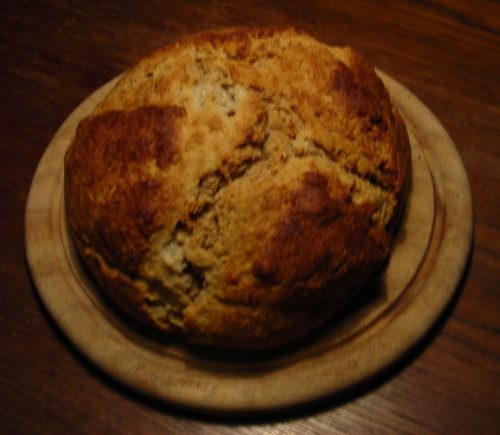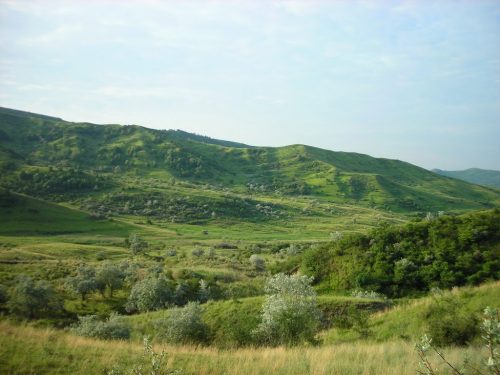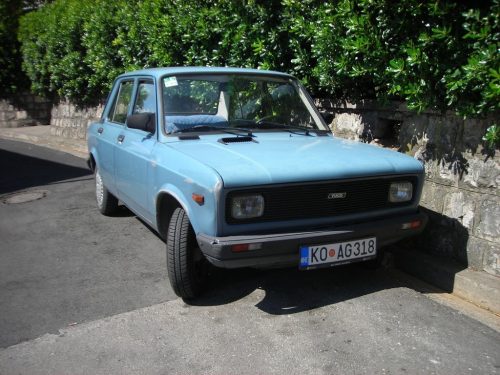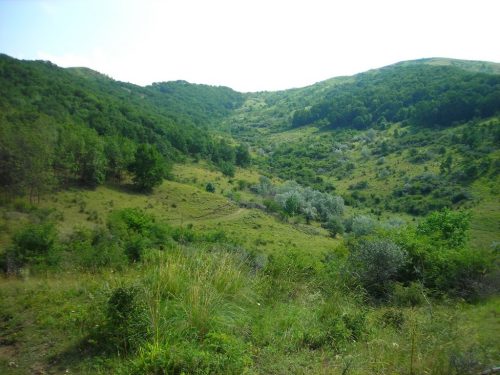Note: This post was originally supposed to run on my blog from many years ago, wheeleringermany.blogspot.com. I posted to and updated it during some of my tenure as an au pair in Dresden, Germany. This particular post was in the drafts folder, but appeared completed.
It’s always important to take a step back and look. To look at one’s self, to look at one’s country, to look at one’s culture, one’s taboos, one’s stereotypes, one’s reference frame. A few people living outside of their mother country (not necessarily where one’s born) may nod in agreement at the previous sentence. Because it’s oft true.
It’s also nice, sometimes horrible, to see what other people think of one’s mother culture. Oft it’s horrible to see how stubbornly misinformed some people can be. Bavarian guy on my plane from Paris to Germany? That’s you. Berliner boy I traveled with for two weeks during my summer vacation? That’s you.
But, to hit a mean streak: stubbornly misinformed is not harsh enough. It’s not negative enough. It does not carry the correct connotation, even though the denotation may be correct. (Amazing how complex language can be.)
Hatefully misinformed? Hatefully ignorant? Rudely stupid? Hatefuly stupid? I lack the term to properly describe these people. These people refuse to understand, to listen, to be cleared up. They prefer to not just tell you you’re wrong but to tell you you’re wrong and they know better and they know your own country better than you even though they’ve only been there for a maximum of three months and have never studied anything over it. These people exist. I swear. And they’re horrible. They make bile invade the throats of anyone unfortunate enough to hear.
Wirklich. (really) (Yes, I’m one of those who uses a word now or again in another language, in this case German. But, when another language shares the responsibility of one’s dreams and thinking, the game changes.)
But that’s not the reason I wanted to write. Nor did I want to write over my kiddo’s temper tantrum today (and as of late) or our big conversation over him being a big boy now and throwing it back in my face. No, I wanted to write over a worksheet my kiddo’s English teacher gave to him, which I corrected (the teacher has at points terrible English) and asked the kiddo to give back to the teacher.
The kiddo said the teacher gave it back to him (the kiddo) and said I was wrong.
But I wasn’t. So, I not only lost respect for his teacher but also (see that? I can use pseudo-complex English!) tasted a bit of how the German language system, manned by Germans teaching foreign languages, can work.
That’s not to say our system is better. Because inevitably a German gets angry when I write that sentence. It is to say: having a majority of teachers in higher level classes that aren’t native speakers is profoundly detrimental (Think you know that word, Mr. German English teacher? I don’t think you do. Because I’m spiteful.) to the education of the children. If he can’t take the time to learn the difference between usage of who and whom (I know many native English speakers don’t but they’re not also English teachers) while coming from a language that has three cases, then, I don’t think he should be teaching. I think another mistake, shortly outlined below, further discredits the teach. Plus, the teach uses German diction when writing. In English, we have things, we go on things or we do things. We very rarely “make” things.
Thank you very much.
“Whose car was broken in the holidays (what did he/she do after that?)”
Maybe the teach is just a bad writer. But I don’t beleive it. I beleive in incompitence in English.
Broken has to uses: broken into, aka, someone tried to steal things out of the car or steal the car outright.
To break down is yet another meaning entirely, it means the car no longer functions. Or, it ceased to functiona and continues to not go.
But, to write, “was broken” confuses both meanings. It has a connotation of broken in, aka, “My car was broken into while I was on vacation in Japan”
The other meaning is the car broke before vacation and continued to be broken during the entire period of summer break.
However, I beleive the teacher meant “Whose car broke down during vacation?”
Really, people, really.
“Who did a bike tour? (with who?, where, how long?)”
Really teacher? Really? Please. Who went on a bike tour. Who took a bike tour. Who rocked a bike tour.
Now, “with who?” What, were you raised in a barn? Did you never learn English? I know it’s an easy language but to not even see the simple difference between who and whom, that’s just lazy! So much like foreigners who conjugate all verbs in the infinitive (hint: English isn’t very conjugation heavy. Our most is for third person singular. Often times lazy people, my guest child included, try to conjugate the verb in infinitve/second/third person plural/plural first/first person.) With whom because you’re the one who went on the bike tour. You’re doing the action. Who does the action. Whom is the object.
